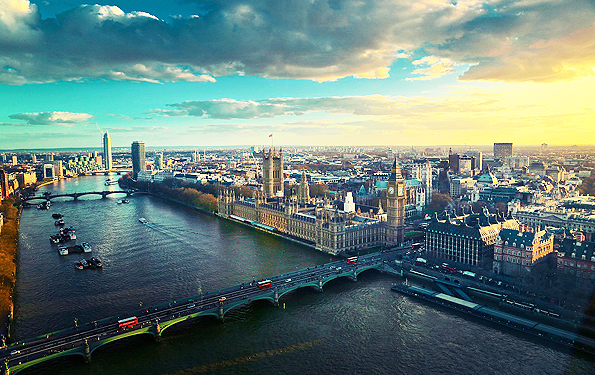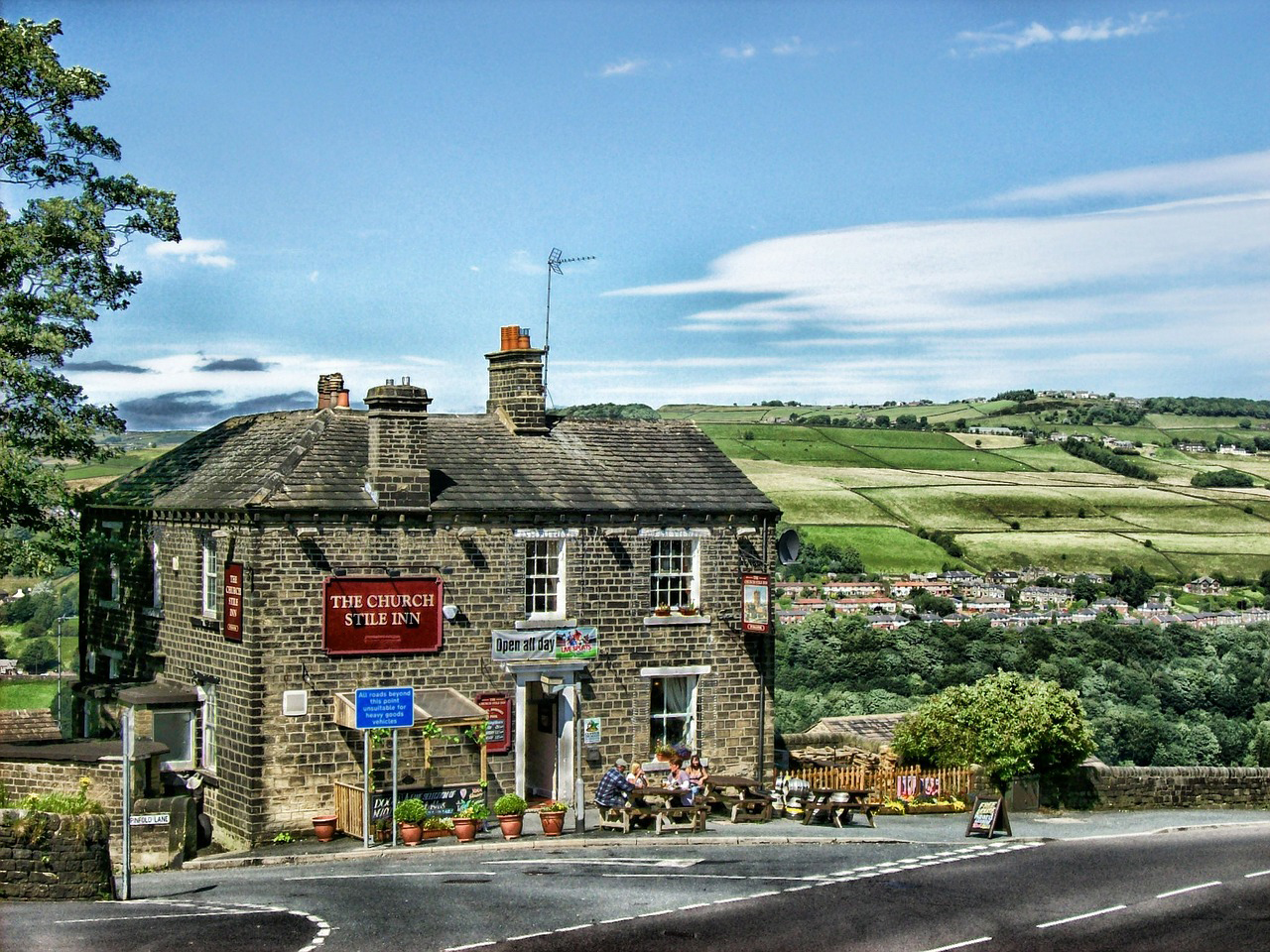Setting up an Expat bank account in the UK
Tiffany JansenPosted: August 8th, 2013
 River Thames England
River Thames EnglandBefore you settle in and start enjoying the sights and sounds of Britain, there are a number of logistical things you need to take care of. At the top of the list is setting up a bank account.
Most expats will tell you that setting up a bank account is often the most difficult aspect of relocating to the United Kingdom. But stick with us and we'll let you in on all you need to know to make banking in the UK a smooth sail.
Money Matters
Despite being part of the European Union, the national currency in the United Kingdom is the British Pound (GBP), not the Euro. One pound (£) is made up of 100 pence. Called notes (British English) or bills (American English), the paper money breaks down into £5, £10, £20 and £50. Then, you've got the coinage: £1 and £2, and 1, 2, 5, 10, 20, and 50 pence.
ATMs are extremely common and those belonging to the major bank branches charge minimal transaction fees.
Currency exchange can be done at foreign exchange bureaus, post offices, and most banks.
Credit cards can be obtained from banks, financial services companies, and select supermarkets.
Checks remain a payment option, but are very rarely used. A debit card allows you to withdraw money as well as make purchases. Unlike a credit card, your money comes straight from your account. Checks and a debit card are both included with your bank account.
Credit and debit cards in the UK and throughout most of Europe contain a microchip. When you use the card, the scanner reads the chip and a four-digit pin number is required as authorization. This takes the place of signing receipts and is thought to be a safer process.
Most all credit and debit cards are accepted.
Banks in the UK
There are more than 20 commercial banks in the UK, including the major players like Santander, HSBC, Royal Bank of Scotland, Lloyds TSB, Barclays and NatWest. The British Bank Association's website has a list of all UK-based banks.
Most branches are open from 9 to 5 on weekdays and 9 to 1 on Saturdays, but closed on Sundays and national holidays.
Standard services include a current account, a savings account, debit cards, and online banking. A number of banks also come with just under 20 different currencies.
Banks in the UK don't typically pay out interest. If they do, the amount is rather small. To get your money's worth in interest, you'll need to open a savings account.
What You'll Need
The first thing you're going to need is confirmation of your local address. This can get a little tricky since most forms of national identification issued by the United Kingdom does not feature an address. There are several ways to get around this though, and they are:
1. A copy of your utility bill
2. A letter from your employer confirming your address
3. A letter from the real estate agent you went through to rent or purchase the property
4. Car or home owner's insurance certificates
5. A lease or rental agreement
You're also going to need a valid passport and proof of income or employment.
Just to be on the safe side, consider requesting a letter from your home bank regarding your financial track record and credit score.
Good to Know
• Some banks offer expats the opportunity to open an account prior to arrival. Check out the bank's website to see if they allow this.
• A few banks also have branches overseas, meaning you could set up an account at your current location and simply transfer your money once you arrive in the UK.
• Post offices and even some supermarket chains offer banking services, though this is mainly limited to savings and credit card options.
It's always important to do your research prior to starting an account. Don't be afraid to shop around until you find a bank with services that will best suit your needs during your time in the UK.

